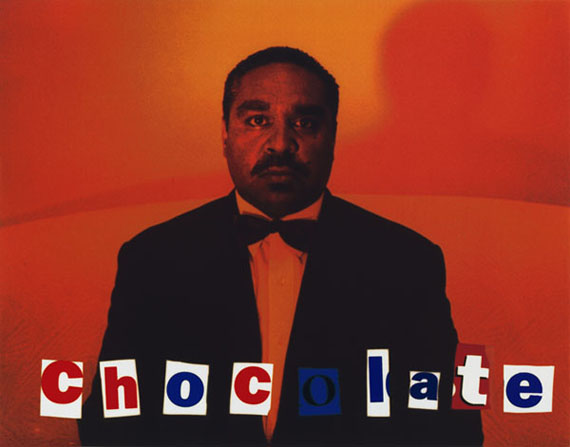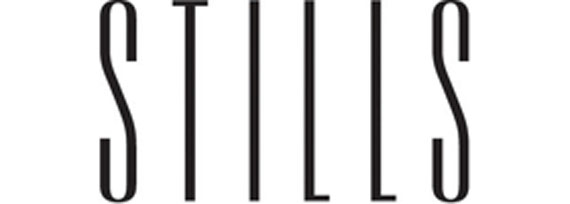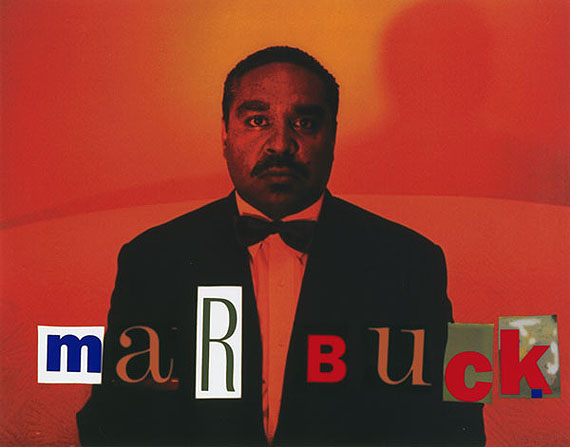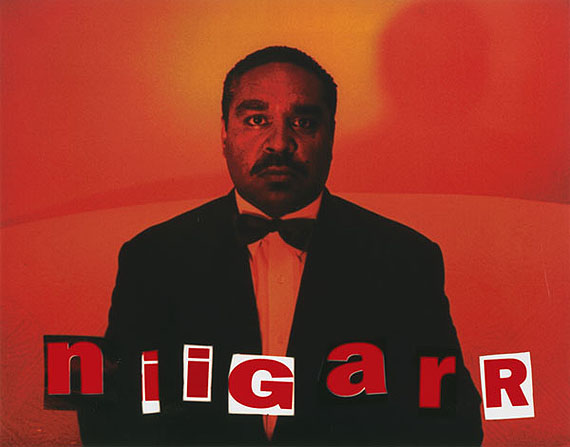
from They call me niigarr
High gloss pigment print
31 x 39.5cm, Edition of 10
© MICHAEL RILEY
Michael Riley »
They call me niigarr
Exhibition: 29 Aug – 6 Oct 2012

Stills Gallery
36 Gosbell Street . Paddington
NSW 2021 Sydney
+61 2-93317775
info@stillsgallery.com.au
www.stillsgallery.com.au
Wed-Sat 11-17

from They call me niigarr
High gloss pigment print
31 x 39.5cm, Edition of 10
© MICHAEL RILEY
MICHAEL RILEY
They call me niigarr
29 August – 6 October 2012
Michael Riley’s voice was understated and he favoured the poetic as a form of expression.
They call me niigarr was made in 1995. It was Riley’s last exhibition at Hogarth Galleries and was his most overtly political.
It is difficult for indigenous artists to stay away from politics. Michael said about this work, “This exhibition is about racism. Racism comes in many forms. It can be blatant, it can be hidden, patronising, and plain demoralising. For many Aboriginal people the result of racism has been all these things. Names such as these are not intentionally meant to be offensive. Non-Aboriginal people joke as they use these words. The words and images of this exhibition come from my childhood experiences with racism – experiences shared by my people”.
The names that he refers to appear across the figure of an indigenous man, posing in a suit and bow tie in front of a bright red background. He looks directly at the camera in the manner of a mug shot. The names, including Golliwog, Dusty, Licorice, Sambo, Vegemite, Bomba and Nigarr are presented in letters cut out from newsprint. Then there is Marbuck, the name of the main Aboriginal protagonist in the archetypal Australian film Jedda (1955), the last made by Charles Chauvel. Aboriginal men are still sometimes named Marbuck.
Riley is best-known for the two series he produced after this, flyblown (1998) and cloud (2000). He is also remembered for Sacrifice (1992) and for his extraordinary video Empire (1997), which was commissioned for Rhoda Robert’s Festival of the Dreaming, as part of the Cultural Olympiad preceding the Sydney 2000 Olympic Games.
Now is an appropriate time to reassess Michael Riley’s enormous contribution and to revisit the lesser-known series such as They call me niigarr and his beautiful portraits of his indigenous peers Portraits (1986), Portraits by a Window (1990), Portraits of Moree Murris (1991) and Yarns from the Talbragar Reserve (1998).
Michael Riley passed away in 2004 aged 44 after a long illness. His work will stand as a lasting testament to indigenous talent, stories and presence in Australia. His work is collected widely within Australia and overseas.

from They call me niigarr
High gloss pigment print
31 x 39.5cm, Edition of 10
© MICHAEL RILEY